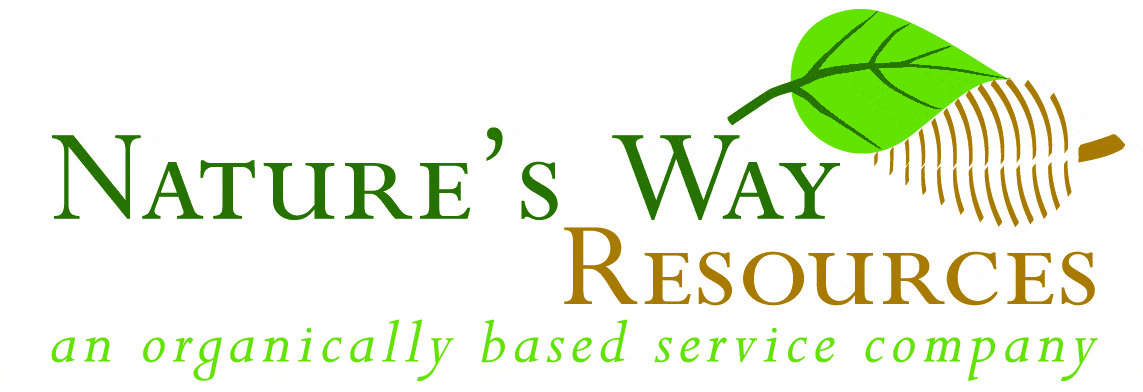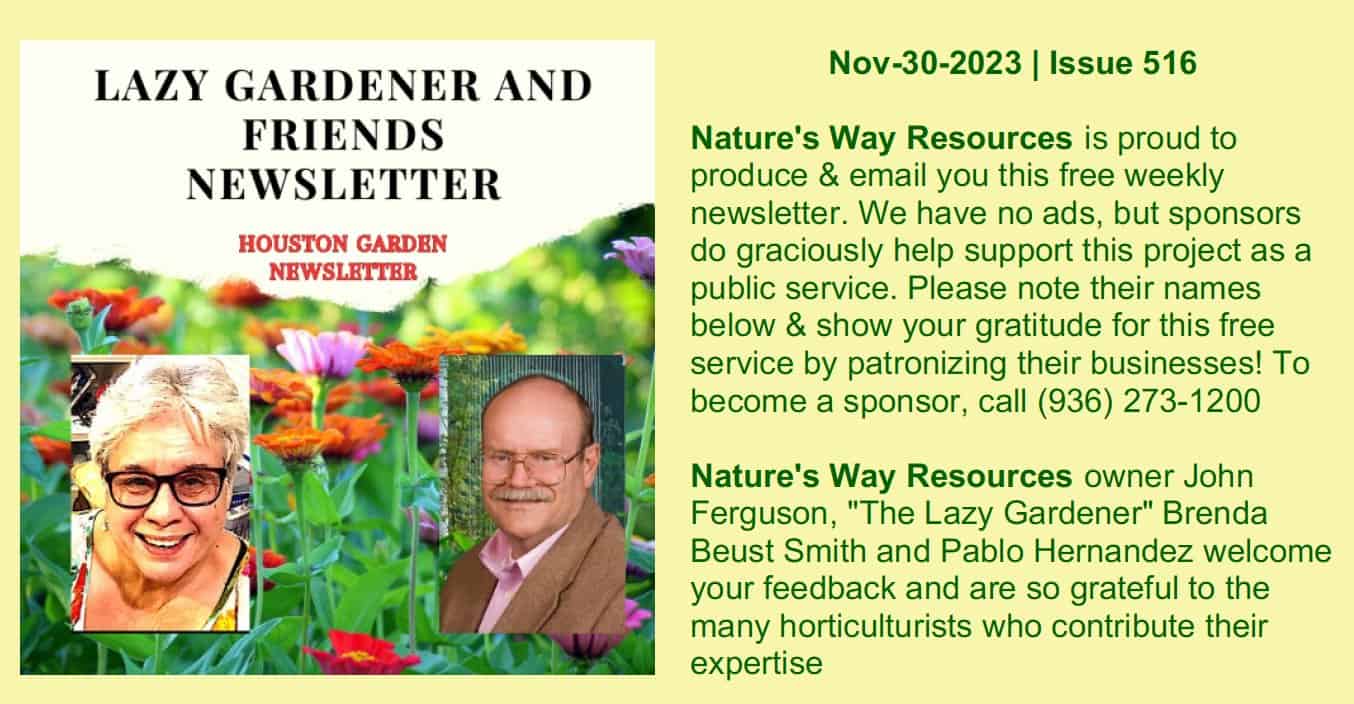
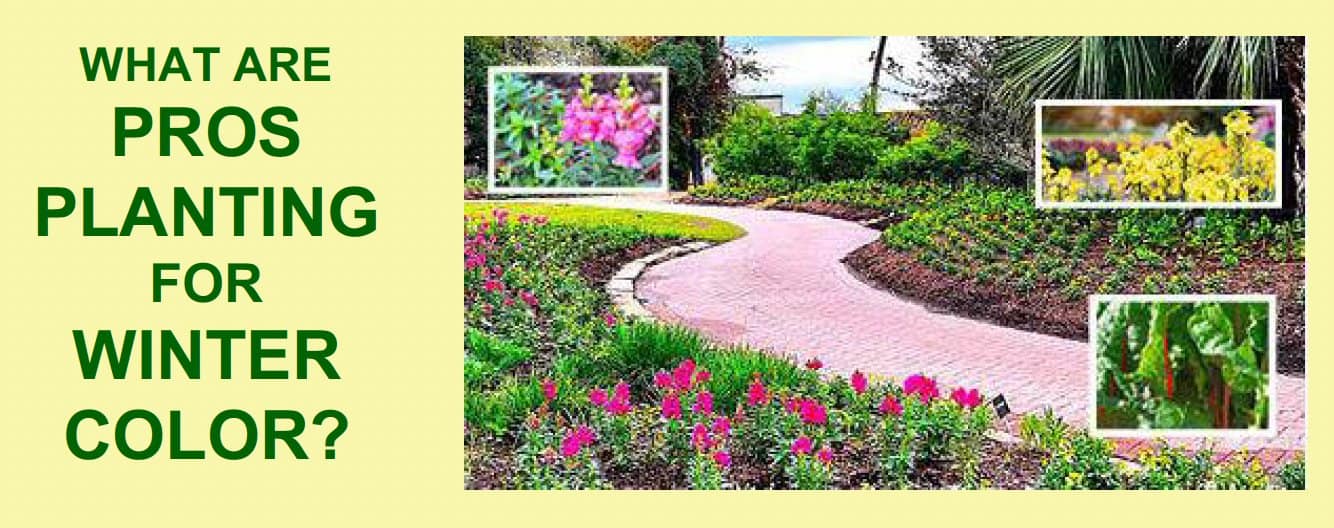
Whether you’re new to Houston or just new to WINTER flower/vegetable gardening here, know this — It’s a gamble, just like our summer vegetables are a gamble (freezing & 3-digit temps, floods, droughts, world-class insect populations, etc.). You name it, we got it! How do you learn about new plants available and improved varieties of old favorites?
USE OUR BOTANIC GARDENS! Both Houston Botanic Garden and Mercer Botanic Garden and other gardens near you are great sites to learn. Mercer, for example, has made flood-proof plantings one of its many focuses.
Coming up is a opportune time to see first-hand winter and local-weather- tolerant plants: Mercer Garden’s Mon., Jan. 8: 50th Anniversary celebration. I’m greatly honored to speak during the special presentations. My family was “utilizing” Mercer’s site long before it became a world-noted botanic garden! Registration is recommended but not required at pct3.com/MBG. Come prepared to take notes during guided tours to remember new-to-you flowers/plants. Be sure to specific ask variety names!

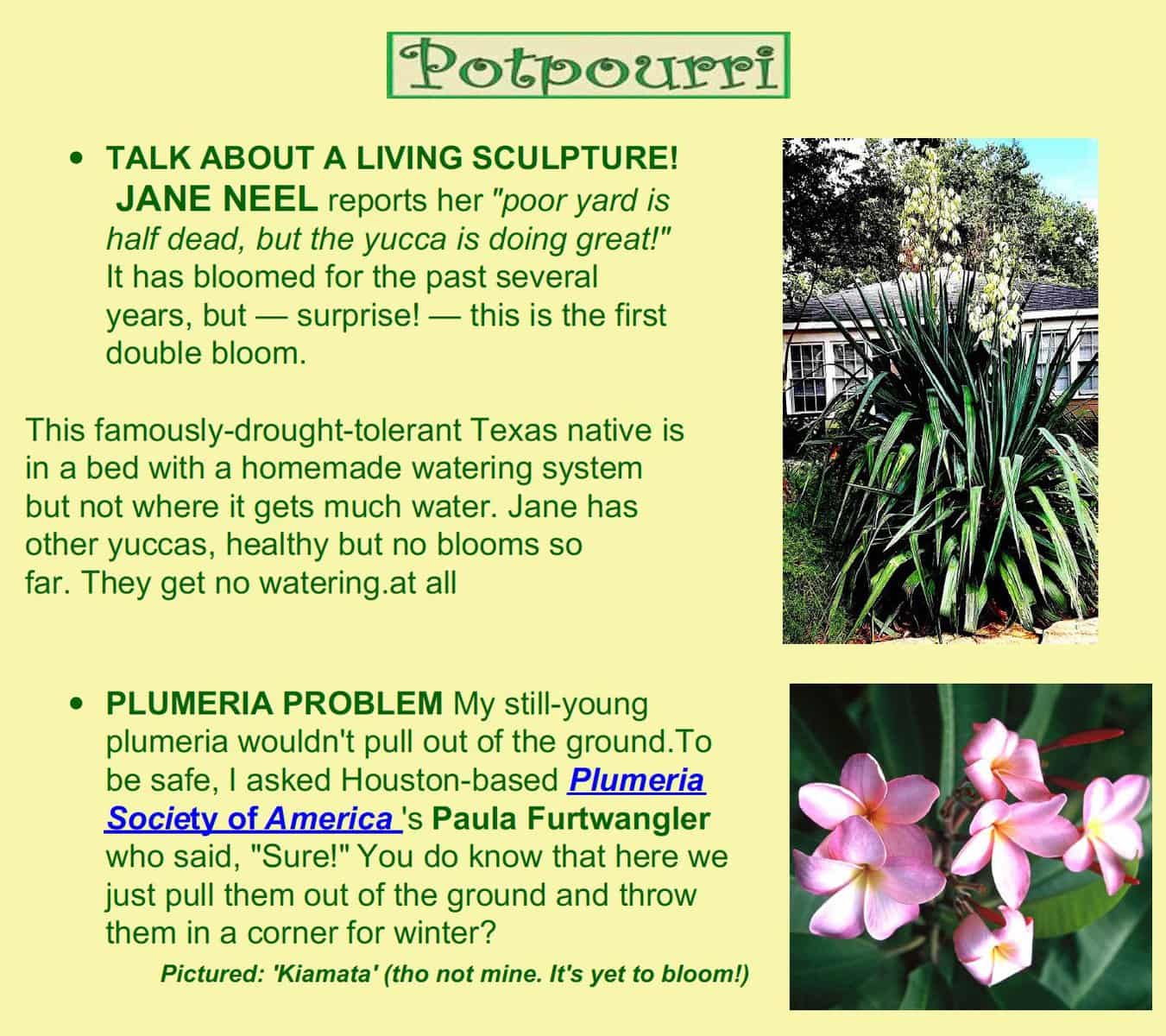
Always learn the background of a named plant. Sometimes fascinating! Kiamatia was the young girl who spend the miserable winter of 1821 on Bolivar Peninsula with Jane Long (now Mother of Texas). My plant is a cutting off the one propagated by noted Galveston oleander hybridizer Robert Newding and donated to the Bolivar Peninsula’s Jane Long Society. See? Neat story!
Back to plumerias: In spring, take them out, replant and they’ll continue as tho nothing happened. Or, if potted, just move the pots inside. Mine had just gotten too big for me to move. PSA Facebook Page
* * *
Brenda Beust Smith’s column is based on her 40+ years as
Houston Chronicle’s Lazy Gardener — Email: lazygardenerbrenda@gmail.com Note: This column focuses ONLY on the Greater Houston area.
* BRENDA’S “LAZY GARDENER GUIDE” is no longer sold.
However, free pdf copies upon request at lazygardenerbrenda@gmail.com
* * *

NEWS FROM THE WONDERFUL WORLD OF SOIL AND PLANTS # 265
Subject: GMO garden plants herbicide paraquat and Parkinson’s disease topsoil
We have talked about the dangers and problems of genetically modified (GMO) vegetable plants on many occasions. This issue may soon be affecting gardeners and the plants we grow, especially the food plants for birds and pollinators, as GMO plants and flower seeds become more available.
Our pollinators and wildlife are already struggling to survive and GMO flowers and fruits, will harm them even more. One of the most common GMO vegetables is soybeans which has some of the highest levels of the toxic chemical glyphosate on them. Researchers are now looking at how they compare to non-GMO varieties.
The Third World Network provided a summary of the new research on GMO soybeans. They found increased levels of allergens, and 70 proteins that were differentially altered or expressed compared to non-GMO varieties. Detailed analysis found altered metabolic pathways leading to increased allergenic potential. The negative effects of consuming these altered proteins are just beginning to be discovered.
For example, during the recent COVID pandemic, researchers at MIT found a strong correlation that people whom ate the most GMO foods, had the highest level of deaths from this disease. They also had higher cancer rates.
Hence to protect our butterflies, birds and other wildlife make sure the plants or seeds you purchase are non-GMO. Similarly, as we are finding in vegetables, heirloom varieties have the highest nutrient density, the most health promoting compounds, and the most anti-cancer compounds (sometimes called secondary plant metabolites).
Another problem we are seeing in society is a large increase in Parkinson’s disease. Numerous researchers have found that the herbicide paraquat can cause neurological changes that are the hallmark of Parkinson’s disease.
A full report summarizing the latest research can be found in the report: “Revealed: The secret push to bury a weedkiller’s link to Parkinson’s disease”
Which can be found here.
I read a scary article last week that stated the United States has lost57.6 billion tons of topsoil due to its farming practices over the recent decades. The rate of erosion is over 25 times higher than the formation of new topsoil. “It turns out the that the far greater driver of soil erosion in the midwestern U.S. has been conventional agriculture. Research from the University of Massachusetts published in the journal, Earths Future (2023)
When I read something like this, it reminds me that the bible mentions, “the earth will wear out” on several occasions (Isaiah 51:6, Psalm 102:26, Hebrews 1:10-12, etc.). I wonder how much is a prophecy of our future.
* * *
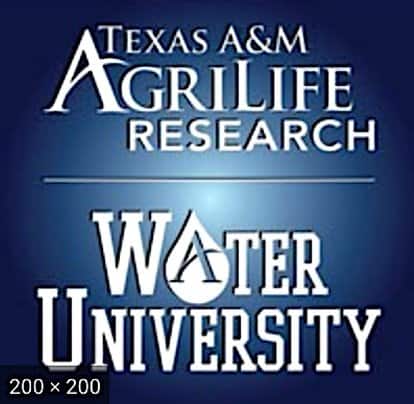
SPONSORSHIP
If you are interested in becoming a sponsor, please contact us at 936-273-1200 or send an e-mail to: lazygardenerandfriends@gmail.com

ABOUT US
BRENDA BEUST SMITH WE KNOW HER BEST AS THE LAZY GARDENER . . . but Brenda Beust Smith is also:
- a national award-winning writer & editor
- a nationally-published writer & photographer
- a national horticultural speaker
- a former Houston Chronicle reporter
When the Chronicle discontinued Brenda’s 45-year-old Lazy Gardener” print column — started in the early ’70s as a fun side-project to reporting, it then ranked as the longestrunning, continuously-published local newspaper column in the Greater Houston area. The name, she says, is not just fun, it’s true. Brenda’s gradual sideways step from reporter into gardening writing led first to an 18-year series of when-to-do-what Lazy Gardener Calendars, then to her Lazy Gardener’s Guide book which morphed into her Lazy Gardener’s Guide on CD, which she now emails free upon request. Brenda became a Harris County Master Gardener and, over the years, served on theboards of many Greater Houston area horticulture organizations. She hosted local radio and TV shows, most notably a 10+-year Lazy Gardener specialty shows on HoustonPBS (Ch. 8) and her call-in “EcoGardening” show on KPFT-FM. For over three decades, Brenda served as Assistant Production Manager of the GARDEN CLUB OF AMERICA’S “BULLETIN” magazine. Although still an active broad-based freelance writer, Brenda’s main focus now is THE LAZY GARDENER & FRIENDS HOUSTON GARDEN NEWSLETTER with John Ferguson and Pablo Hernandez of Nature’s Way Resources. A native of New Orleans and graduate of St. Agnes Academy and the University of Houston, Brenda lives in Humble, TX, and is married to the retired Aldine High School Coach Bill Smith. They have one son, Blake. Regarding this newsletter, Brenda is the lead writer, originator of it and the daily inspiration for it. We so appreciate the way she has made gardening such a fun way to celebrate life together for such a long time.
JOHN FERGUSON John is a native Houstonian and has over 27 years of business experience. He owns Nature’s Way Resources, a composting company that specializes in high quality compost, mulch, and soil mixes. He holds a MS degree in Physics and Geology and is a licensed Soil Scientist in Texas. John has won many awards in horticulture and environmental issues. He represents the composting industry on the Houston-Galveston Area Council for solid waste. His personal garden has been featured in several horticultural books and “Better Homes and Gardens” magazine. His business has been recognized in the Wall Street Journal for the quality and value of their products. He is a member of the Physics Honor Society and many other professional societies. John is is the co-author of the book Organic Management for the Professional. For this newsletter, John contributes articles regularly and is responsible for publishing it.
PABLO HERNANDEZ Pablo Hernandez is the special projects coordinator for Nature’s Way Resources. His realm of responsibilities include: serving as a webmaster, IT support, technical problem solving/troubleshooting, metrics management and quality control. Pablo helps this newsletter happen from a technical support standpoint.
Download the Newsletter with Our Events Calendar Below!
